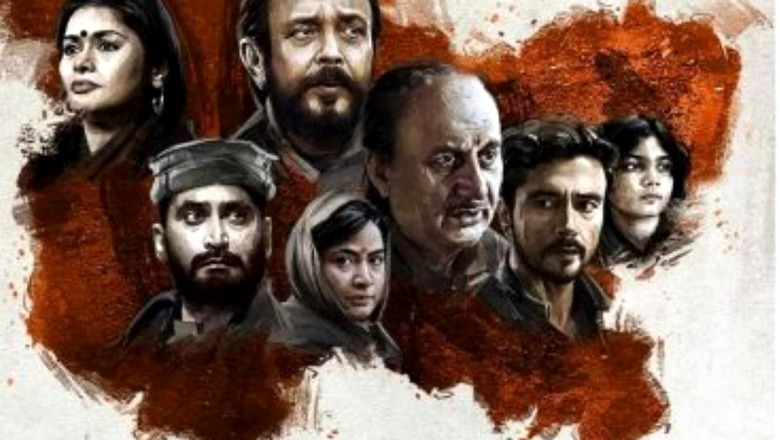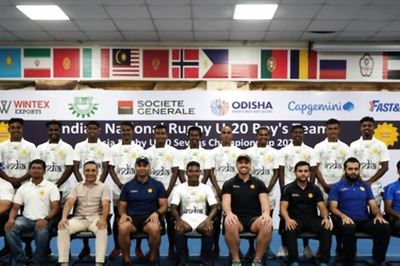
views
Perennial suffering has as much right to expression as a tortured man has to scream.
—Theodor Adorno
How on earth does one recall more movies on the Holocaust that took place eight decades ago in another continent than one does on what happened in our own country three decades ago to Kashmiri Hindus? Still, try again. Like most movie-goers this author witnessed stories of the Holocaust through movies ranging from Life is Beautiful, The Pianist, Schindler’s List, The Counterfeiters to Tarantino’s Inglorious Basterds and countless more. The answer is simple, stories were never told by the popular media and Indian film industry. Indian viewers never got a chance to either witness the stories of the vanquished or listen to the survivors of Kashmir through movies.
Films have a great impact on the creation of empathy, knowledge and understanding by directly engaging the memory and consciousness of the viewer as an individual and society as a whole. A movie-goer can only witness but not experience the real diabolical activity— the murder, the rape, the arson, the sheer wastage of lives. But the Indian viewer was long denied even a chance to witness the stories of Kashmiri Pandits. And at the same time, the voices of those whose stories were to be heard were silenced.
Also Read: The Kashmir Files Has Left Genocide Deniers Nowhere to Run and Hide
The survivors of great human tragedies feel compelled to speak about their experiences and to tell the tales on behalf of those who got killed. The Indian film industry that produces 1500-2000 movies every year did not feel compelled to listen and bring to the audiences these stories in the last 30 years.
The survivors of great human tragedies feel compelled to speak about their experiences and to tell the tales on behalf of those who got killed. The Indian film industry that produces 1500-2000 movies every year did not feel compelled to listen and bring to the audiences these stories in the last 30 years.
The Kashmir Files represents a challenge to the existing narratives on Kashmir. The ease with which a major part of mainstream media normalises murder and terrorism by using terms like rebels, gunmen and militants for killers of innocent people is a product of this prevailing narrative.
The way popular media and film industry tampered with history and stories of the suffering of people to make it more acceptable to their own world-view had to be challenged and the successful acceptance of The Kashmir Files by the audience has done that.
The way popular media and film industry tampered with history and stories of the suffering of people to make it more acceptable to their own world-view had to be challenged and the successful acceptance of The Kashmir Files by the audience has done that.


















Comments
0 comment